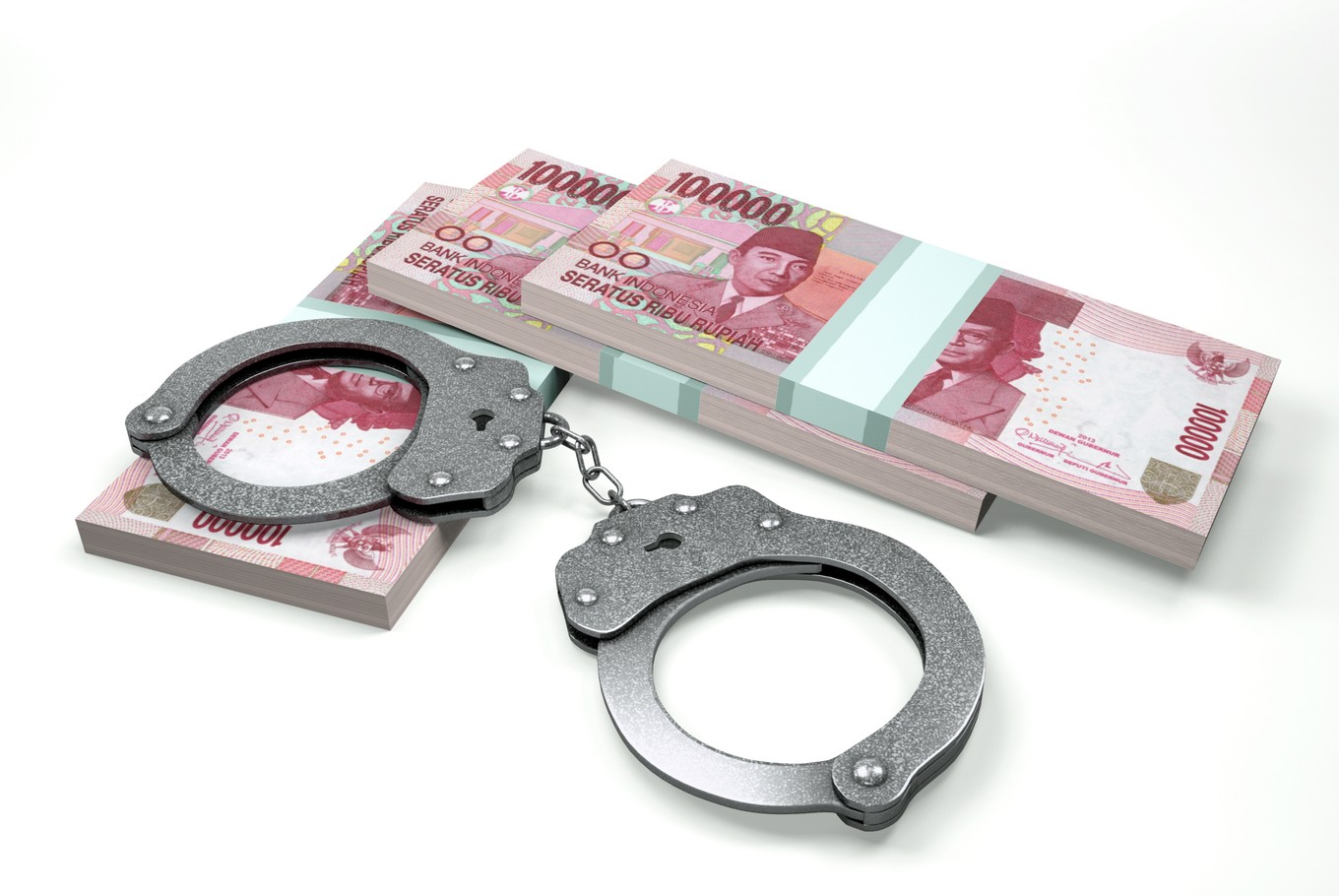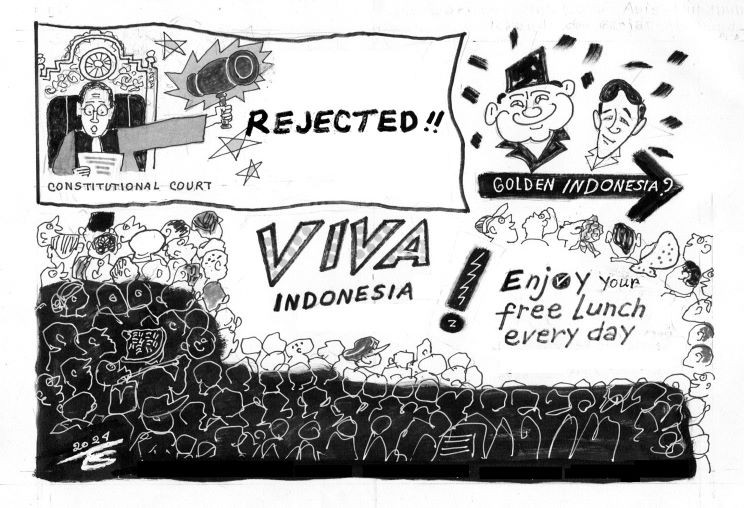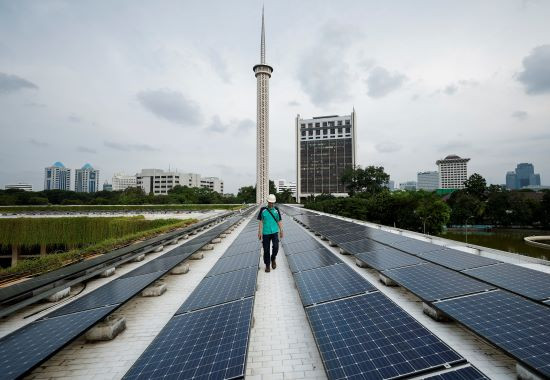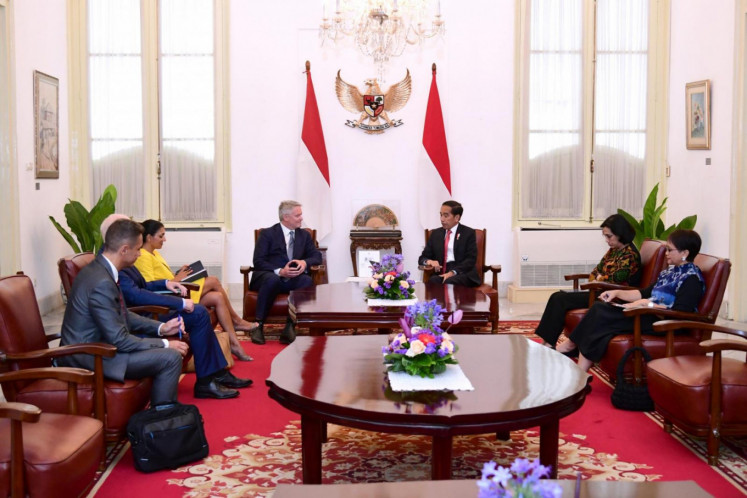EDITORIAL: Combating money laundering
Only a few years ago Indonesia was blacklisted as a high-risk and noncooperative country in regard to the Anti-Money Laundering and Combatting the Financing of Terrorism campaign.
Change Size
 Only a few years ago Indonesia was blacklisted as a high-risk and noncooperative country in regard to the Anti-Money Laundering and Combatting the Financing of Terrorism campaign. (Shutterstock/File)
Only a few years ago Indonesia was blacklisted as a high-risk and noncooperative country in regard to the Anti-Money Laundering and Combatting the Financing of Terrorism campaign. (Shutterstock/File)
T
he Financial Action Task Force (FATF) on Anti-Money Laundering and Combatting the Financing of Terrorism (AML/ CFT) under the Organization for Economic Cooperation and Development (OECD) has commended Indonesia for what it sees as its significant progress in addressing strategic deficiencies in the fight against dirty money.
The task force’s latest plenary meeting in Spain late last month unanimously agreed to proceed with the process of admitting Indonesia into its membership, which may be completed later this year. Admission to the FATF means recognition that Indonesia’s AML/CFT drive has conformed with the best practices set by the organization, which now has 37 member countries.
This will be quite an achievement because only a few years ago Indonesia was blacklisted as a high-risk and noncooperative country in regard to the AML/CFT campaign.
Indonesia’s admission to the FATF will further strengthen its efforts to conclude bilateral competent agreements with countries, notably those classified as tax havens, in light of the enforcement of the global automatic exchange of information (AEOI) between tax authorities starting in 2018.
Even though Indonesia is no longer subject to FATF monitoring under its ongoing global AML/CFT compliance process, this is not time for complacency. Indonesia still needs to strengthen its AML efforts because big cash transactions, notably in rupiah and United States and Singapore dollars, have remained rampant, as confirmed by sting operations by the Corruption Eradication Commission (KPK) against corruptors. It is still relatively easy for corruptors and other criminals to launder their money.
In fact, even the Financial Transaction Report and Analysis Center (PPATK), which in most other FATF countries are called financial intelligence units, has expressed frustration over law enforcing agencies not properly following up and acting on its reports on suspicious financial transactions.
The PPATK monitors suspicious transactions through banks and other financial institutions to fight money laundering practices and other financial deals of more than Rp 500 million (US$37,000) outside the profiles of their customers. The PPATK analyzes and examines suspicious transactions, with only transactions with strong evidence of money laundering filed to the National Police, the KPK, the Attorney General’s Office and the Taxation Directorate General for further investigation and prosecution.
Yet even more disappointing is that the Taxation Directorate General has failed to follow up on PPATK reports on suspicious financial transactions by auditing the annual tax returns of the individuals or companies implicated in the transactions.
Cross-checking the money flows to the bank accounts of those implicated in suspicious financial transactions against what they reported in their annual tax returns could still be effective in discovering cases of tax evasion and other tax crimes.









